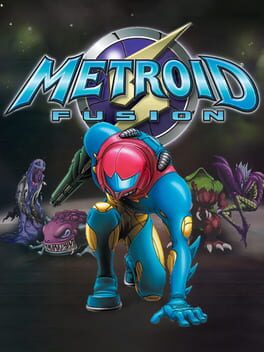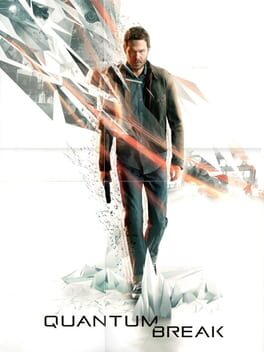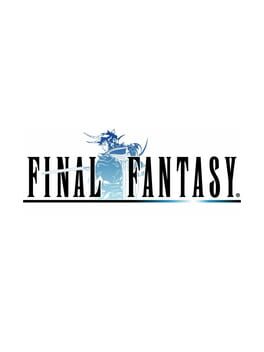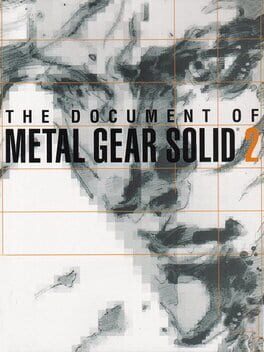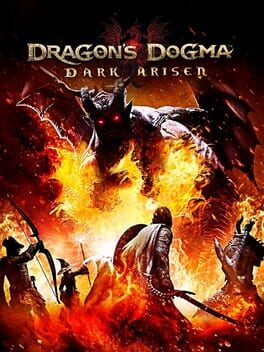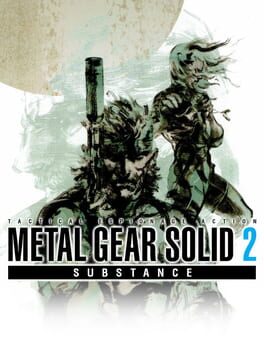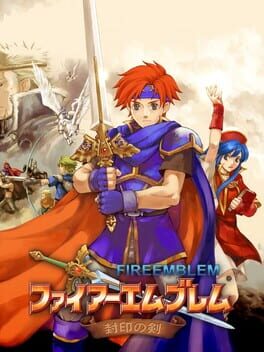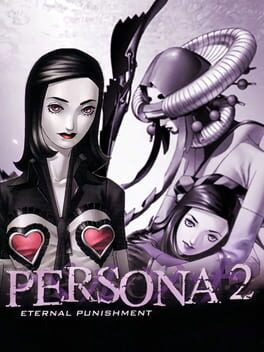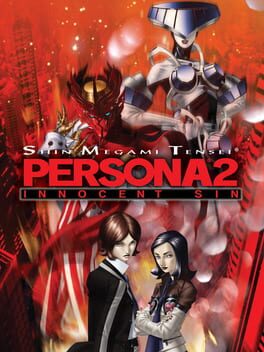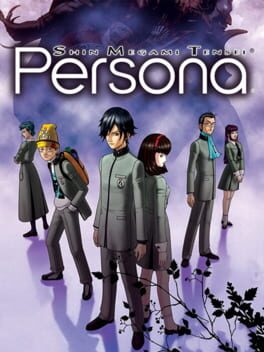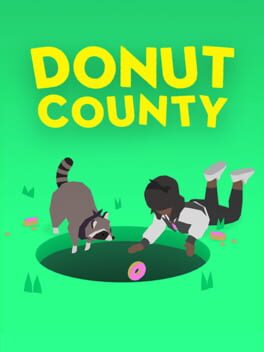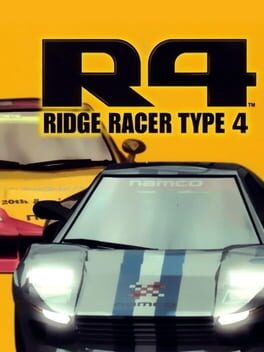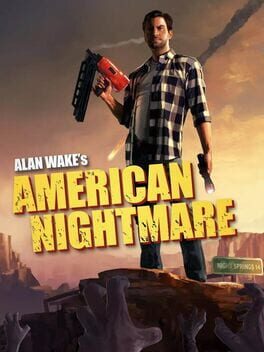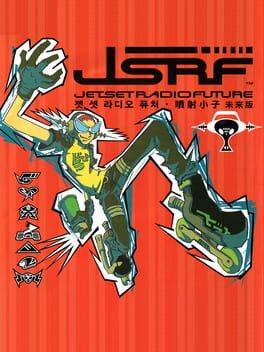vaugna16
2002
Metroid Fusion takes the vast exploration of Super and splits it into smaller chunks - levels are largely sectioned off from each other and while each is kind of a mini metroidvania map in itself, the game is very much a linear progression that holds your hand on where to go. Combined with a revamped control feel and heavier emphasis on combat Fusion can sometimes feel more like an action game with some exploration than a "true" metroidvania
Now, that sounds pretty bad right. But here's the thing: on its own merits Fusion is REALLY fucking good. That previously mentioned revamped control feel? To accompany the newly placed emphasis on action Samus is no longer a floaty tank but an agile glass cannon with the dev team's work on Wario Land 4 helping inform how snappy Fusion feels. The emphasis on action means lots of boss fights and generally they're very dynamic and exciting, with figuring out how to beat them being half the battle and actually executing your strategy being a decent challenge. Fusion also looks fantastic, especially when using color correction to match how it would look on the original non-backlit LCD. The sound is slightly disappointingly just average overall, the GBA's limitations hurt some of the tracks and some of the sound effects aren't as satisfying as they are in Super.
Good game
Now, that sounds pretty bad right. But here's the thing: on its own merits Fusion is REALLY fucking good. That previously mentioned revamped control feel? To accompany the newly placed emphasis on action Samus is no longer a floaty tank but an agile glass cannon with the dev team's work on Wario Land 4 helping inform how snappy Fusion feels. The emphasis on action means lots of boss fights and generally they're very dynamic and exciting, with figuring out how to beat them being half the battle and actually executing your strategy being a decent challenge. Fusion also looks fantastic, especially when using color correction to match how it would look on the original non-backlit LCD. The sound is slightly disappointingly just average overall, the GBA's limitations hurt some of the tracks and some of the sound effects aren't as satisfying as they are in Super.
Good game
1994
virtually perfect game tbh
really great looping map design and while the controls aren't as "tight" as later 2D Metroids at first glance, this places a large emphasis on planning and preparation for inexperienced players while high level players can take full advantage of its quirks and nuances to be an unstoppable tank
there are a couple "well how was I supposed to know that" moments but overall the design does a fantastic job subtly guiding you without ever resorting to holding your hand
really great looping map design and while the controls aren't as "tight" as later 2D Metroids at first glance, this places a large emphasis on planning and preparation for inexperienced players while high level players can take full advantage of its quirks and nuances to be an unstoppable tank
there are a couple "well how was I supposed to know that" moments but overall the design does a fantastic job subtly guiding you without ever resorting to holding your hand
2016
I'm a total sucker for time travel stories and this has a couple neat ideas and moments but the surrounding story and writing is mostly just ok.
The gameplay is in a similar boat, lots of interesting ideas but wrapped in a kind of mediocre package. The move to Uncharted-esque climbing and "puzzle solving" to fill time between battles feels like a swing and a miss and it feels like too much of the challenge comes from limited access to your power set, whether through the slow cooldown timers or more annoyingly enemies that can just negate them. There's also a big lack of polish to the technical side, the art direction and cutscenes can be very good looking yet at the same time massive bugs can crop up, like a weird stutter to the in-engine cutscenes or one trigger not activating forcing me to restart the chapter, and it's clearly the first game made on this engine with some very spotty reconstruction artifacts (even at the higher res on Series X) and screen space effects.
It's also all tied to a live action "show" played in between acts that has the vibe of a D-tier NBC drama. Bless Lance Reddick he is acting circles around Aidan Gillen's awful American accent here.
It's a massively important game in Remedy's history, laying the technical foundation for Control and Alan Wake 2, and overall worth playing as there is still fun and some great bits to be had here, but it's Remedy's weakest game by a large margin imo
The gameplay is in a similar boat, lots of interesting ideas but wrapped in a kind of mediocre package. The move to Uncharted-esque climbing and "puzzle solving" to fill time between battles feels like a swing and a miss and it feels like too much of the challenge comes from limited access to your power set, whether through the slow cooldown timers or more annoyingly enemies that can just negate them. There's also a big lack of polish to the technical side, the art direction and cutscenes can be very good looking yet at the same time massive bugs can crop up, like a weird stutter to the in-engine cutscenes or one trigger not activating forcing me to restart the chapter, and it's clearly the first game made on this engine with some very spotty reconstruction artifacts (even at the higher res on Series X) and screen space effects.
It's also all tied to a live action "show" played in between acts that has the vibe of a D-tier NBC drama. Bless Lance Reddick he is acting circles around Aidan Gillen's awful American accent here.
It's a massively important game in Remedy's history, laying the technical foundation for Control and Alan Wake 2, and overall worth playing as there is still fun and some great bits to be had here, but it's Remedy's weakest game by a large margin imo
2000
FF1 in its original form is such a weird ass and unique game, even with fixes to things like "making half the spells actually function as they're supposed to" this port retains a lot of what makes it so. A lot of it comes from the magic system that takes more from D&D's spell slot system, as there's no way to restore spell uses in dungeons (and healing options outside of a white mage are very limited) a lot of weight is put on every spell use and dungeons and world map expeditions are a war of resources as enemy groups whittle away at them slowly (bosses on the other hand are largely pushovers). This does lead to a lot of battles where everyone just attacks but this can be given a small bit of extra strategy by turning off auto targeting like how it was on NES. This is also a game with lots of built in challenge run potential thanks to the open ended job selection at the start, a balanced party of two melee classes and two mages won't have too much trouble but you are free to run a squad of all mages or all fighters to make things more challenging for yourself.
Every game should have an equivalent of The Document of MGS2 - literally everything and everything you could ever want pertaining to MGS2 is here. Things you'd expect like an extensive model viewer, concept art, and music test but it goes much deeper than that like a cutscene viewer with noclip enabled, full technical breakdowns of the game systems, the complete english script(!), Kojima's original game plan in Japanese(!!), all of the trailers including internal use test footage dating back to 1999(!!!), extensive staff interviews(!!!!), and much more, all presented in a slick package. If you like MGS2 or even just diving behind the scenes of game development you need to spend an afternoon with this.
until 2 finally comes out in a few weeks there just isn't really quite anything else like Dragon's Dogma, combining fluid Capcom action with fantasy open world role playing with a massive amount of freedom given in how you approach your character and some fantastic late game twists. The scope is relatively limited due to console and time constraints, but what is accomplished here is incredible.
man is this rough around the edges, it picks up a lot in the back half when you've managed to build units up to be decent but there's an overabundance of absolutely dogshit filler units and virtually every map being a Siege map gets really repetitive. I get why the hardcore ironman crowd might relish the challenge but that ain't me. The story isn't terribly interesting until right near the end either, but the true ending is pretty great even if the gaiden maps needed to get there can be fucking dreadful. Man is this game really fucking pretty tho the spritework and animation is top notch.
I played it with the (incomplete) PS1 soundtrack restoration mod a few years ago. It's a pretty fun dungeon crawler with a cool twist and great atmosphere, I do want to play the PS1 version once the fan translation drops tho cause the balancing here in the PSP version feels kinda wack idk if it's any different in the original
2018
1998
tbh if you're after a lot of content or a perfected driving model I'd point you towards 2 PSP (my personal favorite) or 7, but as a playable piece of art R4 is unmatched. The presentation and uniquely unfolding grand prix mode are the stars of the show and they don't disappoint.
reiko nagase my beloved
reiko nagase my beloved
pretty solid expansion/spin-off. you get more weapons to play with, tho none of them really shake up the core combat loop and some of your options from the original game are pretty nerfed (the flare gun and flashbangs are much weaker and serve more to take off a big chunk of darkness instead of being bfgs while the flashlight doesn't deal passive light damage, only while focusing it) so it kinda evens out to being just a different flavor than necessarily better or worse. the idea here is you're in a timeloop and visit three open-ish hub areas three times each instead of the strictly linear level design from the original game. in practice this feels like a bit of a downgrade, you're still following linear objectives but having to sprint across large areas to get to them so it feels a bit padded out. you do get rewarded for exploring a bit tho as manuscripts serve as the unlock system for new weapons. it also has the obligatory arcade horde mode that was all the rage in the early 2010s that feels like a bit of a throw away here, Alan Wake's combat doesn't really feel suited to this kind of mode and dodging fills up your multiplier quickly so it feels like it would be easy to exploit the scoring system in a not fun way.
the story takes on a decidedly campier tone. the writing isn't quite as sharp as the main game, it feels a lot more 2010s videogame-y, but Ilkka Villi and Matthew Porretta's combined performance as Mr. Scratch steals the show. You get a bit of insight into how the world of Alan Wake operates, clarifying a few lingering questions from the original game tho clearly saving the best bits for the sequel (that didn't happen for another decade)
the story takes on a decidedly campier tone. the writing isn't quite as sharp as the main game, it feels a lot more 2010s videogame-y, but Ilkka Villi and Matthew Porretta's combined performance as Mr. Scratch steals the show. You get a bit of insight into how the world of Alan Wake operates, clarifying a few lingering questions from the original game tho clearly saving the best bits for the sequel (that didn't happen for another decade)
2002
Put it down for a few months and came back to realize I had left it off at the skyscraper district and lost interest incredibly hard ngl
JSRF is a bit of step forward step back sequel for me tbh, it doesn't really iterate on the first game as much as just kinda do something different with a similar idea that's better in some ways but also somehow clunkier in others.
It's been long enough since I put it down I feel like I'd need to start over to get back into the swing of it so it's going on the shelf for now. Maybe one day Sega will remaster it with a decent camera and give me the motivation to go back
JSRF is a bit of step forward step back sequel for me tbh, it doesn't really iterate on the first game as much as just kinda do something different with a similar idea that's better in some ways but also somehow clunkier in others.
It's been long enough since I put it down I feel like I'd need to start over to get back into the swing of it so it's going on the shelf for now. Maybe one day Sega will remaster it with a decent camera and give me the motivation to go back
